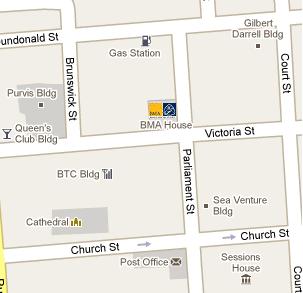|
||||||||||||||||||||||||||
|
|
||||||||||||||||||||||||||
| Home » Central Banks Worldwide » National Bank of Georgia | ||||||||||||||||||||||||||
National Bank of Georgia |
||||||||||||||||||||||||||
|
|
||||||||||||||||||||||||||
|
|
The National Bank of Georgia is the central bank of Georgia. Its status is defined by the Constitution of Georgia. The main objective of the National Bank is to ensure price stability. According to the Constitution of Georgia, the National Bank is independent in its activities. The members of legislative and executive bodies haven't right to intervene in NBG's activities. |
|
||||||||||||||||||||||||
|
The rights and obligations of the National Bank of Georgia as a central bank of the country, the principles of its activity and the guarantee of its independence are defined by the Organic Law of Georgia on the National Bank of Georgia. The National Bank of Georgia implements monetary policy according to the main directions of monetary and foreign exchange policy defined by the parliament of Georgia. It holds, keeps and disposes international foreign reserves of the country. Through its regulation and monetary instruments, the National Bank of Georgia is responsible for ensuring the fulfillment of basic functions and objectives assigned to it by legislation. |
||||||||||||||||||||||||||
|
In achieving the objectives as mentioned above, the Bank commits itself to providing
effective support functions through a sound banking and financial control
system, appropriate information system and the development of competent and
qualified staff. |
||||||||||||||||||||||||||
|
||||||||||||||||||||||||||
|
The National Bank of Georgia may
provide banking services to foreign governments, foreign central banks and
foreign monetary authorities, as well as international organizations. The
National Bank participates in the activities of international organizations
that pursue economic stability in the monetary sector through international
cooperation. |
||||||||||||||||||||||||||
|
|
||||||||||||||||||||||||||
|
DISCLAIMER |
|
© 2011 - 2022 BankHeadOffice.com ® All Rights Reserved |

